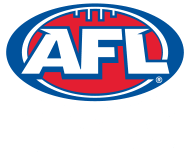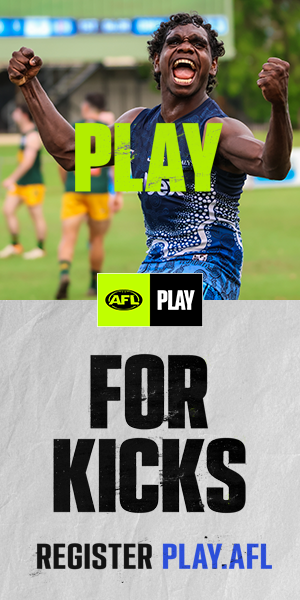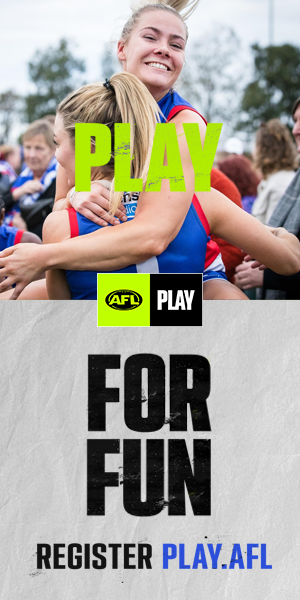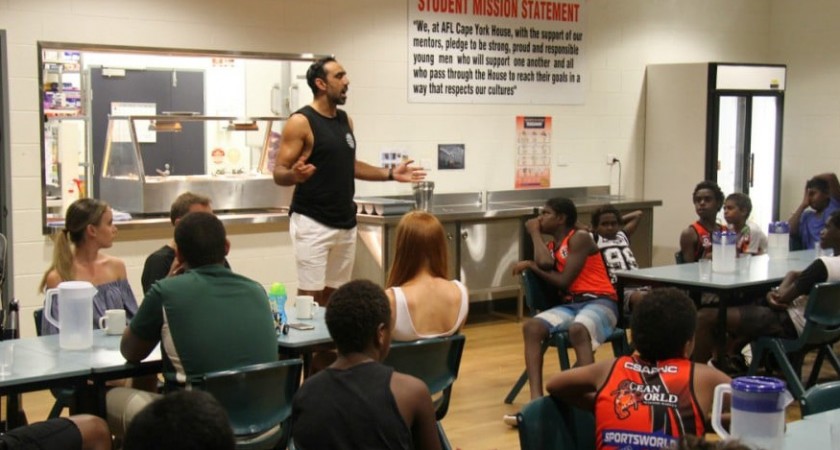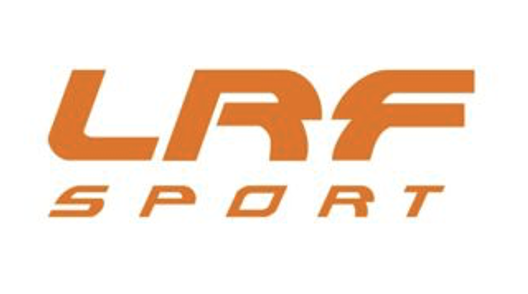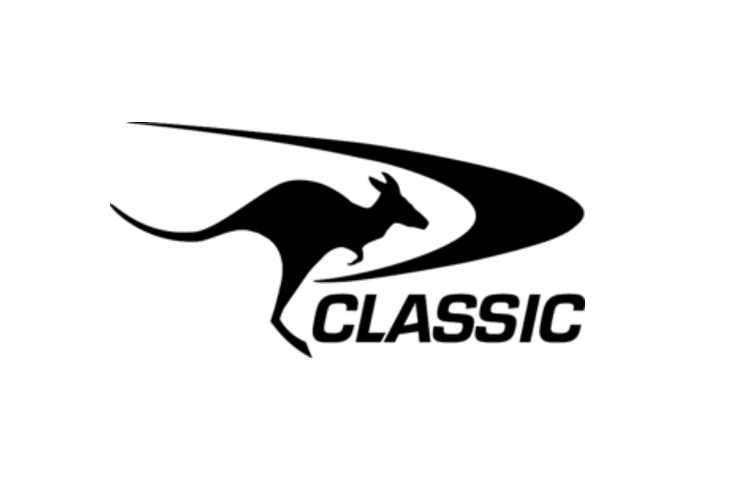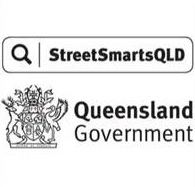Developing a national war cry and increasing the number of Indigenous Australians who finish high school are just two of AFL legend Adam Goodes’ goals post-retirement.
During his brief visit to Cairns, the former Australian of the Year ran a football clinic in Gordonvale before spending the evening at an Indigenous boarding house in Portsmith on Sunday.
The two-time Brownlow medallist spoke to Northern Beaches News editor Sam Davis about the joys of life post-football, valuing education and the war cry that changed the nation.
You’re visiting AFL Cape York House tonight. What are your impressions?
It makes me a little bit envious, to be honest. To have a place where you can have diverse cultural brothers together and put a of a program in place that teaches them so much about culture and what they’re here for which is education.
To be a part of a disciplined routine – if you give these boys structure you can help them for their life after school. That’s what school and football did for me. They gave me the discipline and work ethic to do anything in life.
I think that’s what this program does so well. These young men are taking leadership roles within the group and stepping out of their comfort zone.
Kowanyama’s Fitzroy Greenwool poses with Adam Goodes at AFL Cape York House. (Image: Sam Davis)
You’ve known [AFL Cape York House program manager] Rick Hanlon for a while. Is he as hard a taskmaster on tour with the national Indigenous team as he is at the boarding house?
I think to instill discipline, you have to be very disciplined. Rick’s made a career out of that, there’s no doubt about it. He definitely is a hard taskmaster but he’s the first person to pat you on the back and congratulate you when you achieve. That’s what you want from a good leader and this is a man these boys will learn from. They’re in safe hands.
How’s retirement? We say ‘retirement’ but in some ways you’re entering the real world of sorts, aren’t you?
Exactly. Retirement life is great. At the moment, I’m loving the lack of routine, the lack of structure. I went straight out of school into a footy structure which is very similar. Now, I’m really enjoying having coffee dates and lunches with friends I’m getting to know on a different level.
Have you indulged in rich foods or enjoyed anything you otherwise couldn’t during your sporting career?
Not really. I’ve been disciplined. I still have a really important role to play in promoting positive health choices and us as Indigenous men really need to step up in that area. It’s something that this program promotes too. You just can’t have an ex-footballer who’s probably in the top one per cent of Aboriginal people from a health point of view go completely the opposite way. It’s just not good as a role model.
I try to stay fit and make healthy choices.
Adam Goodes poses for photos at Pyramid Power’s home ground in Gordonvale on Sunday. Goodes ran football clinics for the community. (Image: Sam Davis)
What do you want to do now that you’ve retired? You’ve spoken about travelling.
Yeah, I’ll continue to travel. I’ve been able to set myself up because of football and I can think about what I want to do. There are a few things in the pipeline … I’m just taking my time figuring out what that is.
The Indigenous war cry you performed last year was adopted by two junior AFL teams in Cairns. Those who saw it performed say it was spine-tingling. How does that make you feel? It must be deeply gratifying.
Yeah. It is because that’s what culture is. It’s the passing on of knowledge and ceremony. When you participate in it there’s a connection to culture. There’s a connection that goes back 40-60,000 years. The war cry is a combination of cultures and lots of different language groups which we are in Australia.
This doesn’t have to be an Indigenous war cry, this could be an Australian war cry. It’s something we all can do and to see the boys perform and do it so passionately shows me that it’s only a positive thing that celebrates culture and we should see more of it.
Cape York Eagles perform an Indigenous war cry during the 2015 AFL Cairns Colts season. (Image: Sam Davis)
Do you think it’s a tool for reconciliation?
Definitely. You know, watching the [NRL] Indigenous All Stars the other week and Greg Inglis leading the boys – it’s special. We could maybe have the Wallabies doing something like that after the New Zealand boys have done the haka. How good would that make the Australian crowd feel?
You’ve talked a lot about education today during your visit. How important do you think that is for young Indigenous men and women living in far north Queensland.
It’s the most important thing.
Statistics don’t lie when it comes to health, employment and education. When it comes to our people, once you finish with your year 12 certificate, you are in such a better position as an Aboriginal person than if you don’t finish it. Your life choices that you can make because you do it are so much better if you go through with it.
We just really need these kids to understand that they’re in control. They need to make it a priority. If I didn’t have an education there’s no way I would’ve lasted as long as I did playing AFL football.
Story and images courtesy Sam Davis – Northern Beaches News
Twitter: @nthbeachesnews
